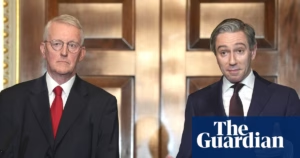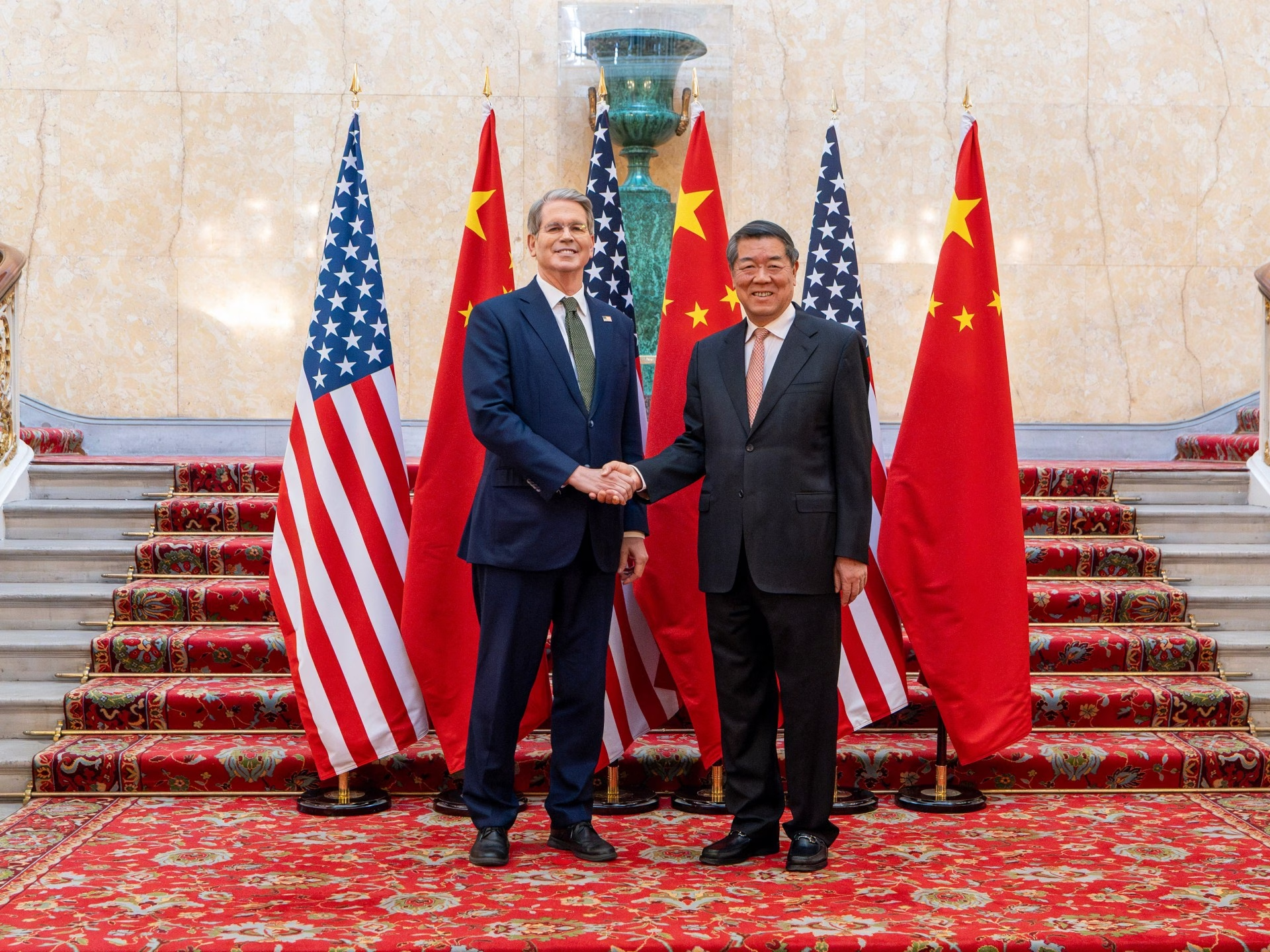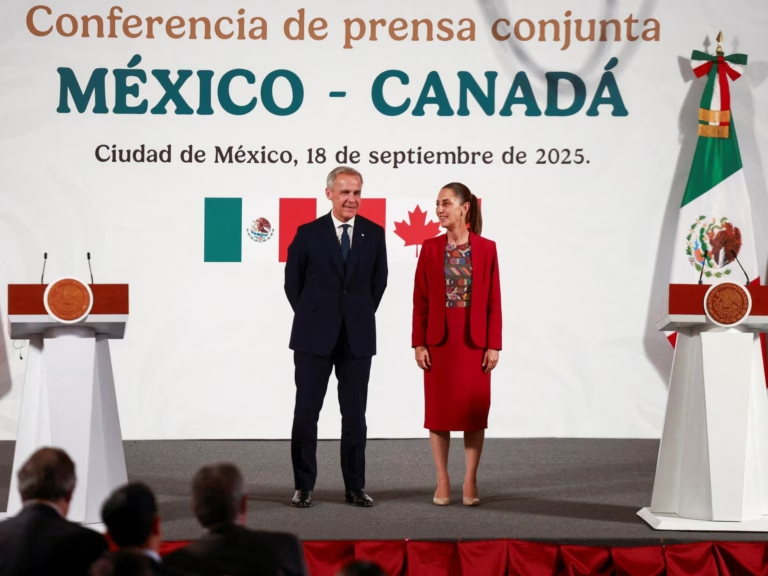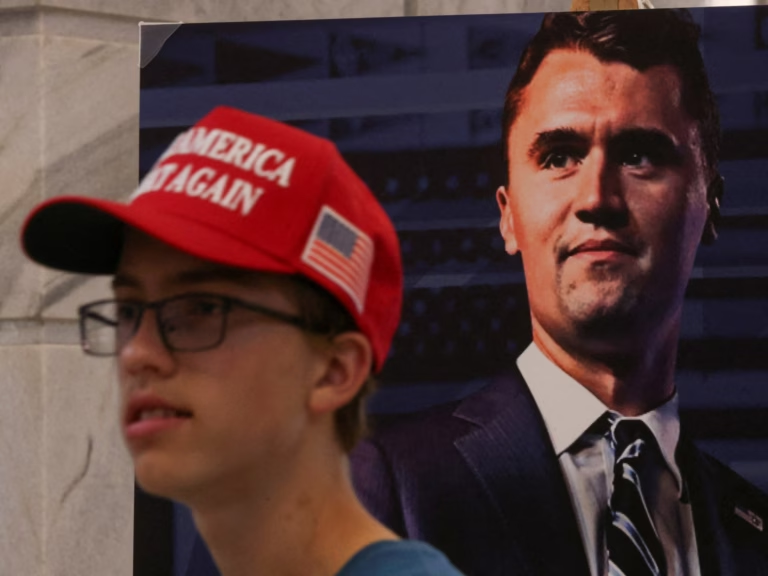Negotiators state that the agreement will be presented to US President Donald Trump and Chinese President Xi Jinping for approval.
Although the details of the framework announced on Tuesday were not clear, the breakthrough comes a month after Washington and Beijing agreed to pause most of their tariffs for 90 days following talks in Geneva.
US Commerce Secretary Howard Lutnick stated that the sides would work on implementing the “Geneva consensus” and had thoroughly discussed all the issues that divide the world’s two largest economies.
Lutnick mentioned that the implementation of the agreed-upon framework would occur after US President Donald Trump and Chinese President Xi Jinping approve it. The two leaders held a 90-minute phone call on trade last week.
“Once the presidents approve it, we will then seek to implement it,” Lutnick told reporters outside Lancaster House.
Lutnick suggested that US measures implemented in response to a slowdown in Chinese exports of rare earths, a crucial issue between the two parties, would likely be relaxed once supplies of these critical minerals increased.
Chinese Vice Commerce Minister Li Chenggang described the talks as “professional, rational, in-depth and candid”.
“The two sides will bring back and report to our respective leaders the talks during the meeting as well as the framework that was reached in principle,” Li told reporters.
“We hope that the progress we made in this London meeting is conducive to increasing trust between China and the United States.”
Asian stock markets increased due to hopes of a de-escalation in trade tensions, which have affected the global economy.
The World Bank on Tuesday reduced its forecast for global growth from 2.7 percent to 2.3 percent, citing ongoing uncertainty surrounding trade.
As of 03:30 GMT, Japan’s Nikkei 225 increased by nearly 0.5 percent, while the Hang Seng in Hong Kong and CSI 300 in mainland China saw increases of approximately 1 percent and 0.8, respectively.
“I would say that meeting a 90-day deadline for complex discussions was always going to be challenging,” said Deborah Elms, the head of trade policy at the Hinrich Foundation in Singapore, according to Al Jazeera.
“After two rounds of intense discussions, both sides seem to have reaffirmed their interest in avoiding new escalation and have started to outline the path forward. Despite the optimistic language from some coming out of the White House, these negotiations will not be easy.”







